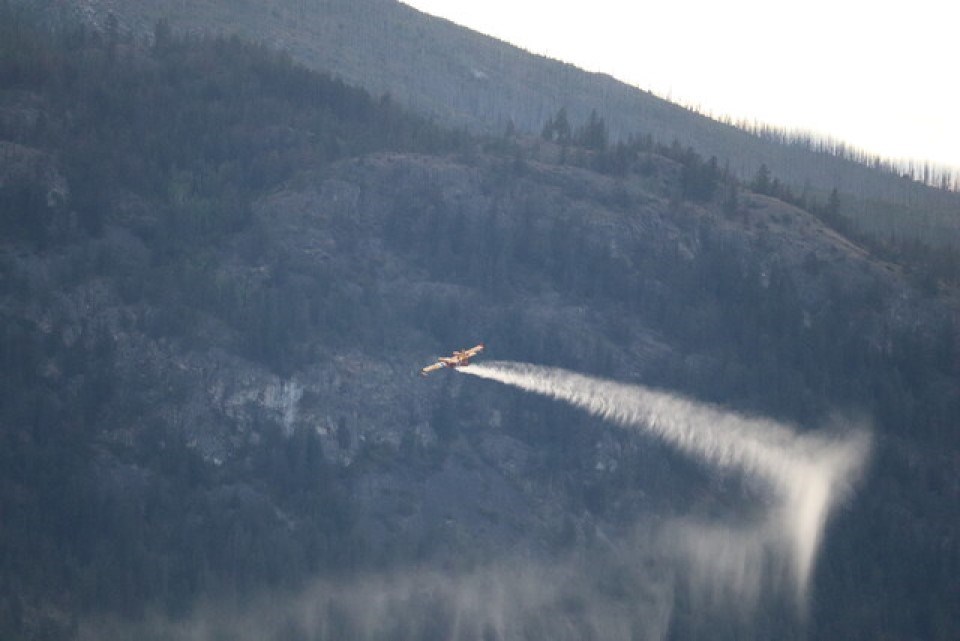B.C.'s most destructive wildfire season shows no sign of letting up.
To date, 1.39 million hectares of B.C. forest has gone up in flames during the 2023 wildfire season, surpassing the most ever lost during an entire fire season.
And BC Wildfire Service director of operations Cliff Chapman says things will likely get worse as the province heads into the height of the summer season.
"The models do not look terrific for the rest of the summer," said Chapman during a media briefing Tuesday morning.
"July and August are typically our warmer and drier months and we do not see rainfall as we do at times see in May or June. Right now, Environment Canada is forecasting warmer than average conditions...and less precipitation.
Chapman says rain that came through portions of the province the past 24 hours was welcome but it wasn't nearly enough.
"Unfortunately, behind the system that came through Monday, another high-pressure ridge is going to see hot and dry conditions especially in the south."
And while the primary wildfire area of focus has predominately been through the north, he expects that to shift south as evidenced by the St. Mary's River fire burning north of Cranbrook which has grown to 800 hectares since it was first reported Monday afternoon.
Along with the potential for more fires from future lightning storms and human causes, Chapman says the wildfire service is also preparing for the prospect of what he called "holdover fires."
Those are fires that lay dormant for days or weeks after a lightning strike then spark when conditions are right.
The province is receiving help from across Canada and internationally with firefighters already here from the United States, Mexico, New Zealand and those who arrived from Australia on the weekend.
Emergency Management and Climate Readiness Minister Bowinn Ma says 150 members of the Canadian Armed Forces have also been deployed. She expects 75 to touch down in Vanderhoof today with another 75 in Burns Lake Wednesday.
Two helicopters have also been deployed with more resources possible in the coming weeks.
In all, 1,193 fires have been reported in the province since the start of the wildfire season April 1 with 392 presently burning.
The one good piece of news according to both Ma and Chapman, only 22 of the fires burning now are human-caused.




